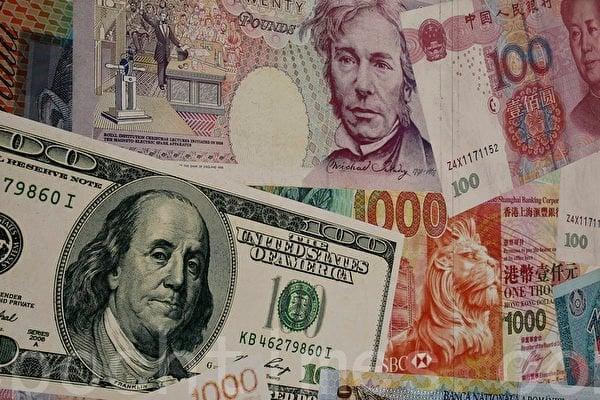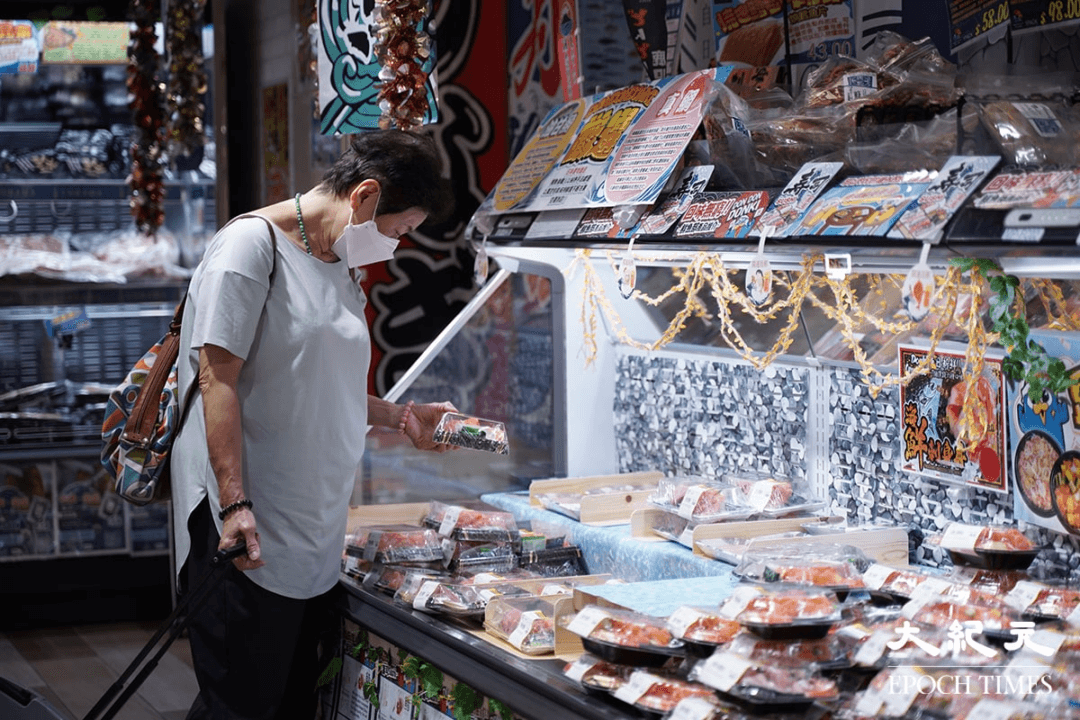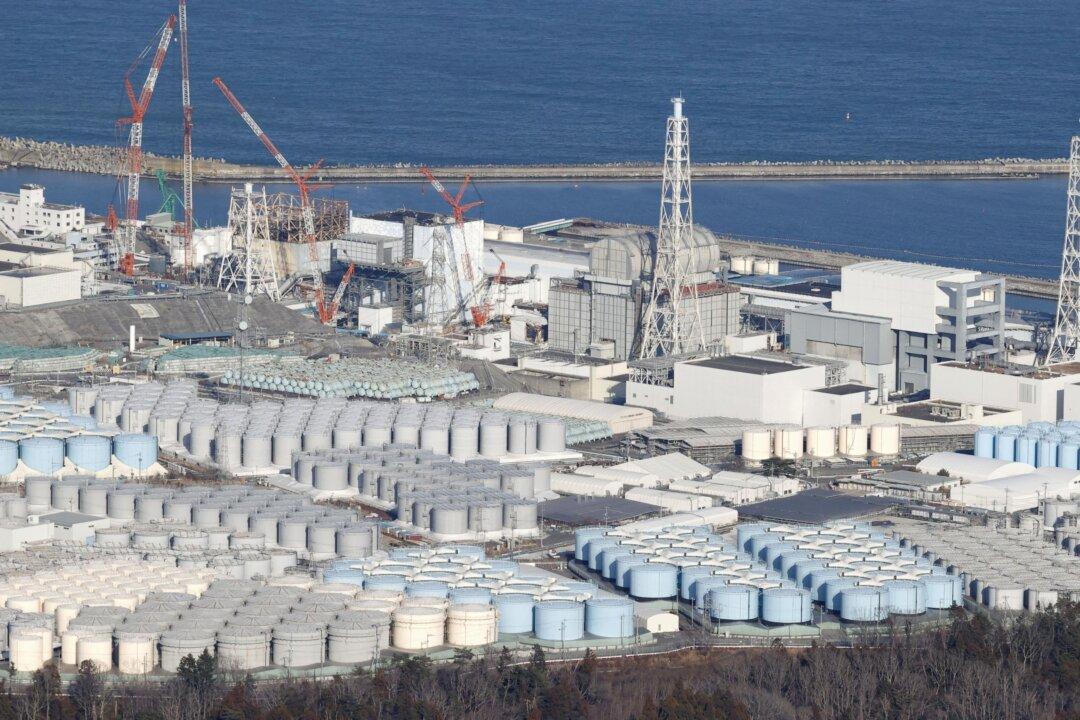In this article, we highlight ten top items of Hong Kong and global financial news and incidents of 2022.
(1) Fed Raises Interest Rates
To fight inflation and high prices, The U.S. Federal Reserve (FED) raised the federal funds rate by 0.75 percent four times in succession. It raised interest rates by a cumulative 4.25 percent in total in 2022, rising to 4.25 percent to 4.50 percent from 0 percent to 0.25 percent in early 2022, the most fierce policy increase since 1980.The Federal Reserve Chairman Jerome Powell said the Fed aims to bring inflation back to its two percent target. Before that, the Fed will continue to press forward with increases, and officials have penciled in a 5.1 percent funds rate for next year.




